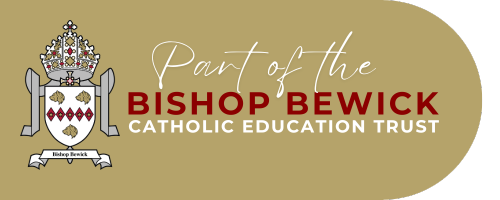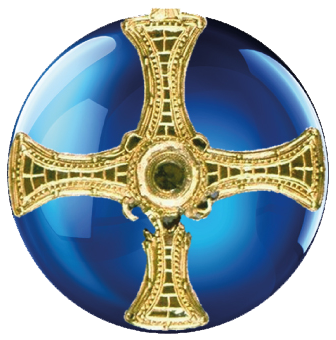
MUSIC
INTENT:
At St Cuthbert’s Catholic Primary School, we strive to cultivate a real enjoyment of music and aim to deliver high quality music teaching, supporting and encouraging all children to achieve their full potential. Besides being a creative and enjoyable activity, music plays an important part in helping children increase in self-confidence. We provide opportunities for all children to create, play, perform and enjoy music; to develop their skills, to appreciate a wide variety of musical forms and to begin to form opinions on their enjoyment of different musical styles.
At St Cuthbert’s Catholic Primary School, we believe that music is a unique form of communication and is an integral part of our culture. It provides an important medium to help children understand themselves, relate to others and the wider world.
We intend to inspire pupils to create, play, perform and enjoy music by:
Developing an interest and encourage an awareness, enjoyment and appreciation of Music in all its forms
Understanding that time and place can influence the way Music is created, performed and heard, that music is produced in different ways and is described through invented and standard notations.
Learning about of the eight musical elements: pitch, duration, pace, dynamics, texture, timbre, form, silence.
Developing knowledge of chronology within which the children can organise their understanding of the past;
Enabling children to explore and explain their own ideas and feelings about music, using music, dance, expressive language and musical vocabulary.
Enabling children to become confident at suggesting improvements for their own work and that of others.
Developing a range of skills and abilities through the opportunity to play tuned and un-tuned instruments with increasing control, rehearsing and performing with others, with an awareness of audience.
Fostering enjoyment, empathy and curiosity for finding out about the past.
Developing their ability to explore, select and organise musical ideas, recording these in a variety of ways
IMPLEMENTATION:
At St Cuthbert’s Catholic Primary School, the teaching and learning of Music focuses on enabling children of all abilities develop positive attitudes and to experience success and satisfaction in music. We have used research such as the Model Music Curriculum and Musical Development Matters, to create a well sequenced and progressive curriculum map containing the key concepts children need to be procedurally fluent and to work and think like professional musicians.
The key concepts in music we plan a progression for are as follows:
Listening
Performing
Composing
Appraising
At St Cuthbert’s Catholic Primary School, we develop a growing awareness of the eight musical elements: pitch, duration, pace, dynamics, texture, timbre, form, silence. Children learn that time and place can influence the way Music is created, performed and heard, that music is produced in different ways and is described through invented and standard notations. We develop children’s performance skills through regular teaching of a wide-ranging variety of songs and teaching children to use their voices expressively, as well as providing the opportunity to play tuned and un-tuned instruments with increasing control.
Children learn how to create musical patterns and will be shown how to explore, select and organise musical ideas, recording these in a variety of ways. We teach children to explore and explain their own ideas and feelings about music, using music, dance, expressive language and musical vocabulary to support children in analysing and comparing sounds and suggesting improvements to their own and others work.
At St Cuthbert’s Catholic Primary School, teachers are responsible for including the four key elements of Music into their curriculum maps.
IMPACT:
At St Cuthbert’s Catholic Primary School, we use both formative and summative assessment information in every Music lesson. Staff use this information to inform their planning alongside the visiting music teacher. This helps us provide the best possible support for all of our pupils, including the more able.
Assessment information is collected at the end of the academic year. In addition to this, a comprehensive monitoring cycle is developed at the beginning of each academic year. This identifies when monitoring is undertaken.
Monitoring in Music includes: evidence scrutinies, environment and learning walks and pupil voice. All of this information is gathered and reviewed. It is used to inform further curriculum developments and provision is adapted accordingly.
At the end of Year 6, children are well prepared and equipped with the necessary knowledge and skills for the next stage of their education. They will have an appreciation of music that reflects the culture and society in which we live and so the teaching and learning of music enables children to better understand their surroundings.


